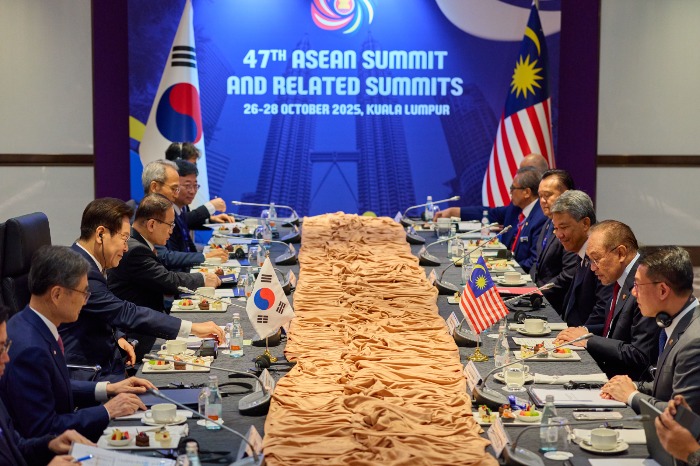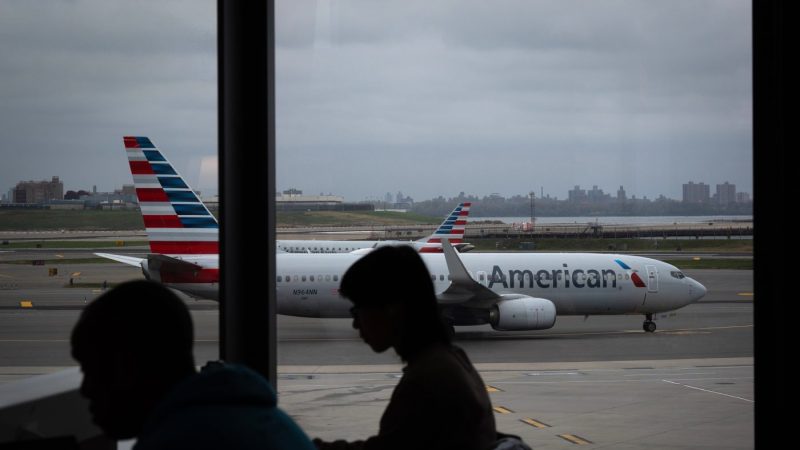UPDATE: South Korea and Malaysia have just finalized a pivotal free trade agreement during the 47th ASEAN Summit in Kuala Lumpur, Malaysia, on October 26, 2025. This landmark pact aims to significantly boost exports of Korean automobiles and steel products to Malaysia, marking a major step in enhancing bilateral trade relations.
The agreement comes after six years of intensive negotiations that began in 2019. With Malaysia being South Korea’s third-largest trading partner in Southeast Asia, this deal underscores Seoul’s urgent strategy to diversify its economic ties, reducing reliance on markets like the US and China.
At the summit, South Korean President Lee Jae Myung announced an ambitious goal to raise annual trade with ASEAN countries to $300 billion, up from last year’s $192.8 billion. This new trade pact is expected to play a crucial role in achieving that target.
Under the terms of the agreement, Malaysia will cut or eliminate tariffs on 682 products, while South Korea will do the same for 288 products. This includes critical components for electric vehicles, where tariffs on completely knocked down (CKD) kits will be abolished, and duties on finished electric sport utility vehicles will decrease from 30% to 15%.
For South Korean steelmakers, tariffs on nine key cold-rolled products will be removed, and rates for hot-rolled steel will drop from 15% to 10%. These changes will provide Korean manufacturers with greater access to one of ASEAN’s most promising markets.
In a notable reciprocal gesture, South Korea will further open its market to Malaysian agricultural and marine products, including tropical fruits like durians and pineapples, as well as shellfish. Additionally, Malaysia has agreed to eliminate foreign ownership limits in its automotive manufacturing sector, a move expected to attract more Korean investment, particularly in electric vehicle and component assembly.
Officials view this agreement as a critical stepping stone for expanding bilateral free trade agreements with other ASEAN members, following earlier deals with Singapore, Vietnam, Cambodia, Indonesia, and the Philippines.
While the agreement still requires domestic ratification in both countries before it can take effect, trade officials in Seoul are optimistic. They believe this pact will strengthen economic cooperation and mitigate geopolitical risks amid the intensifying trade disputes between the US and China.
As this story develops, the implications for the automotive and steel industries, along with the potential for increased investment in Malaysia, make this an urgent matter for businesses and consumers alike. Stay tuned for further updates on this significant economic development.







